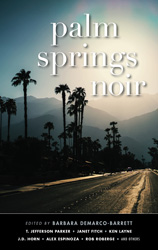Several things I’ve found: If you make yourself wait till a certain time, like at the top of the hour, to check your e-mail, this works–for a time…and especially first thing in the morning. As the day wears on, it’s harder to do.
If you put off going online, or even turning on your computer, it’s much easier to stay off line. Ha! It’s like eating sugar…if I don’t have any at all, I can stay away. But one sweet and the day is wrecked.
Freewriting helps. When I’m in the midst of freewriting, checking my e-mail is the last thing I want to do because I am caught up, in the midst of words swirling about and through me, out the tip of my pen. I’d be insane to want to think about e-mail when all that’s happening.
When you’re working on something you love, you don’t tend to want to check e-mail, either, or surf around, checking out blogs. Today I worked on fiction in the morning, and a book proposal in the afternoon, and I must say, getting caught up in the work at hand makes e-mail less compelling. But you have to force yourself to dive into the work–at least I do.
It’s like walking: I am reluctant to hit the pavement, and then when I do, I get caught up in the rhythm of moving down the sidewalk or street and there’s nowhere else I’d rather be. But getting out there is the hard part.



 Support Indie bookshops and this site by purchasing books through my BookShop
Support Indie bookshops and this site by purchasing books through my BookShop
